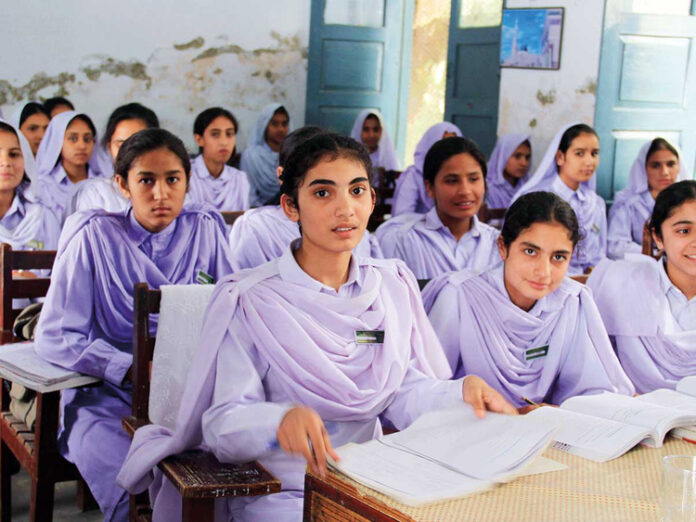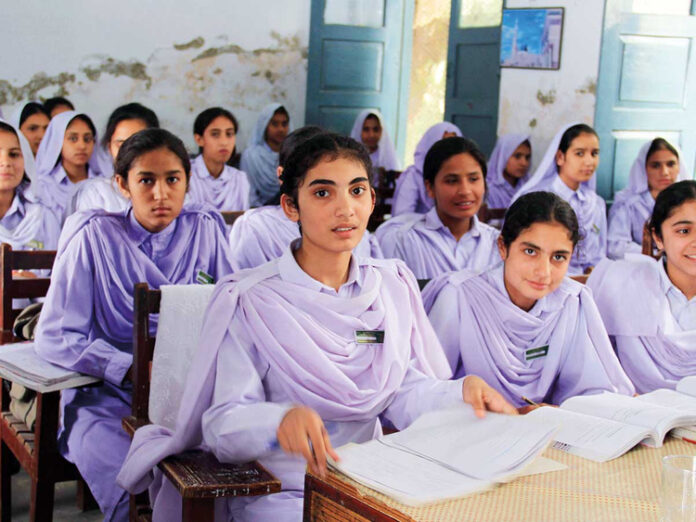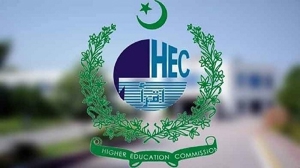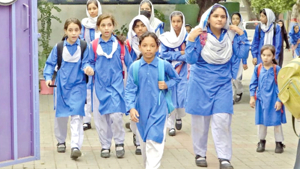

In a significant move towards ensuring the provision of clean drinking water, the Punjab government has announced a large-scale initiative to install water filtration plants in educational institutions across the province. Under the leadership of the Punjab Saaf Pani Authority (PSPA), filtration plants will be installed in 3,000 schools and madaris (religious seminaries) across Punjab.
This decision was taken at the high level meeting that was chaired by Provincial Ministers Bilal Yasin and Rana Sikandar Hayat. Chairman of Punjab Saaf Pani Authority, Chaudhry Zahid Akram and also attended the meeting along with CEO Syed Zahid Aziz and DG Operations & Maintenance, Zohaib Butt.
Pilot Project to Begin with 6 Institutions
According to Housing Minister Bilal Yasin, the initiative will commence with a pilot project involving three schools and three madaris. The experience gained from these initial installations will help in refining the model for the broader implementation. Funds for installing the filtration plants will be provided with the cooperation of local councils to ensure community involvement and transparency.
Role of Education Institutions in Management
Minister for Education Rana Sikandar Hayat expressed concern over the rising health issues due to the lack of access to clean drinking water. He stressed that providing safe water in educational institutions is a highly commendable step, as many students fall victim to waterborne diseases due to unsafe water consumption. He further added that security and daily operation of the filtration plants will be managed by the school and madaris administration themselves.
Community-Based Implementation Model
The Secretary of Housing shared that the Community Schools Society will play a key role in this initiative, with the ability to install filtration plants at 40% less cost than conventional budgeting estimates. He also stated that the Punjab Saaf Pani Authority will provide technical support and carry out regular monitoring of the plants, while the responsibility for maintenance and upkeep will lie with the school and madaris management.
Key Highlights of the Initiative:
-
3,000 schools and madaris to receive water filtration plants.
-
Pilot phase to begin with 6 institutions (3 schools and 3 madaris).
-
Local councils will help fund the installations.
-
Technical assistance and monitoring by Punjab Saaf Pani Authority.
-
Community-driven model with budget savings of up to 40%.
-
Operation and maintenance to be handled by the institution’s own staff.
This initiative reflects the Punjab government’s commitment to improving public health and ensuring that students have access to basic necessities like clean water. By integrating community support and reducing costs, the project also aims for long-term sustainability and localized responsibility.















